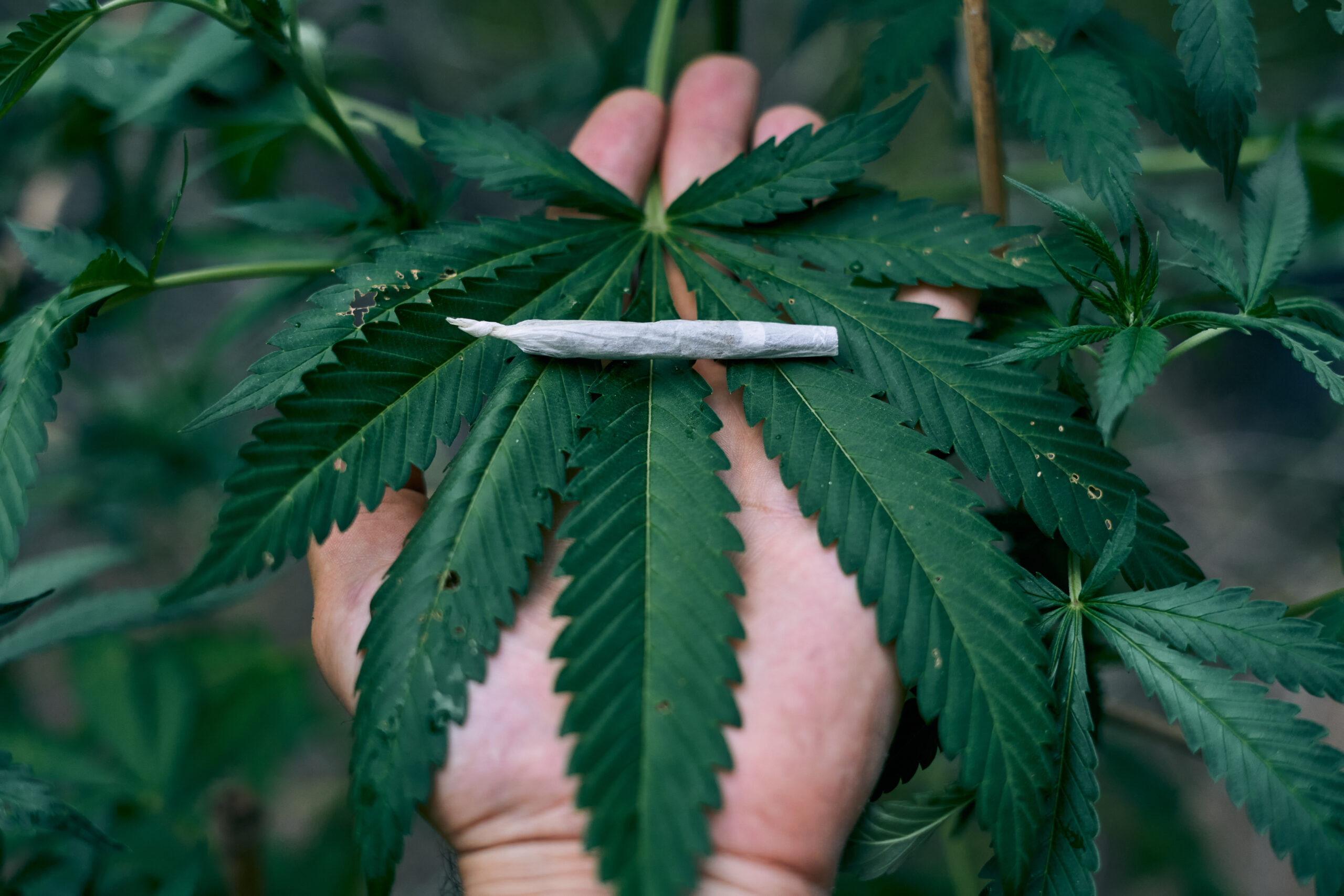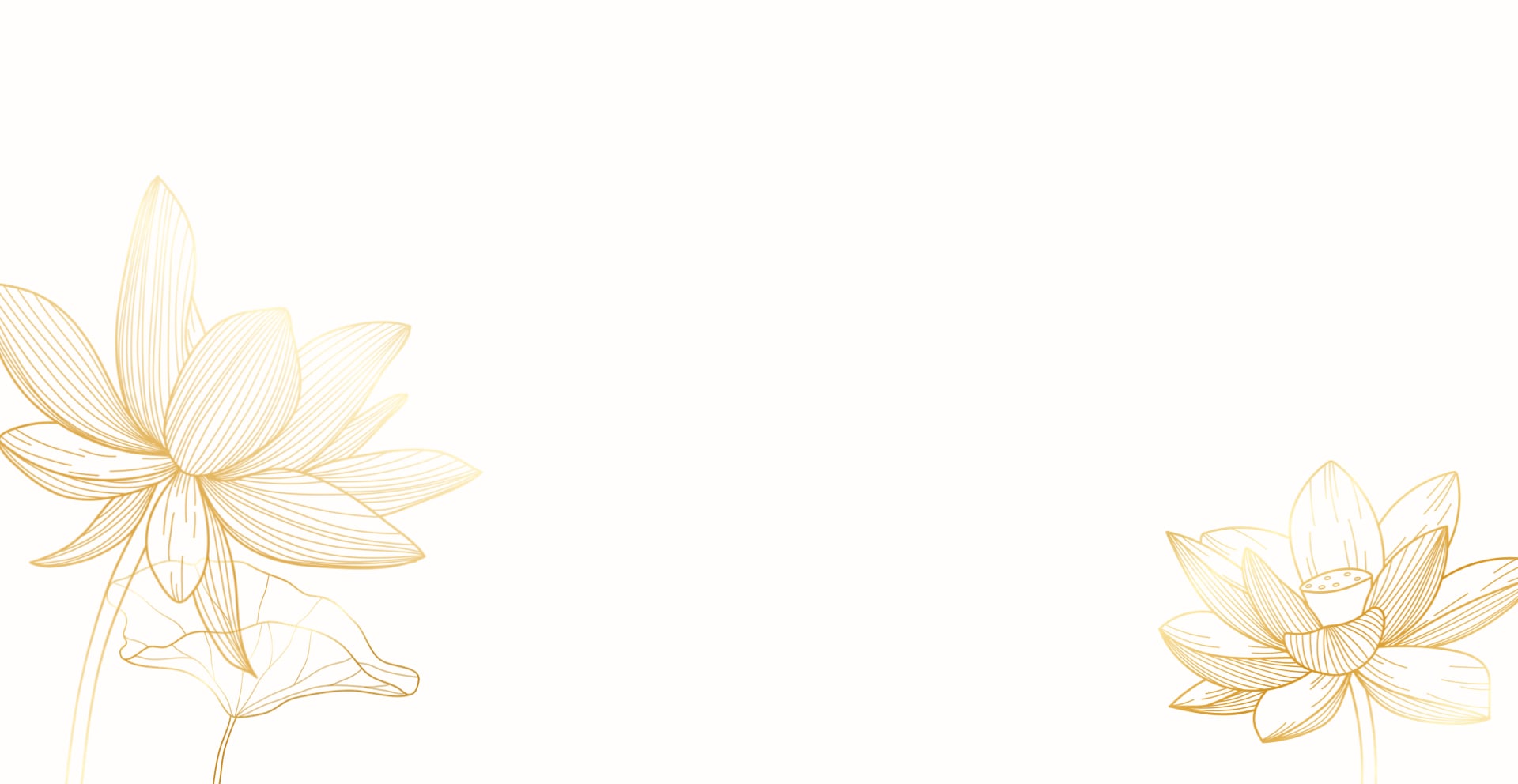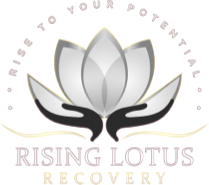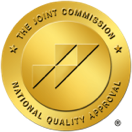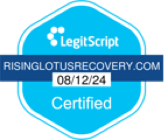Overview:
- Increased Tolerance and Withdrawal Symptoms
- Challenges in Quitting and Lifestyle Impact
- Persistence Despite Consequences
- Emotional Dependency and Risk-Taking
- Obsession with Marijuana
As society’s views on marijuana evolve, particularly with annual observances like 420 on April 20, it’s crucial to acknowledge and address the real challenges some face with weed addiction. Understanding the need for treatment for weed addiction begins with recognizing the signs of weed addiction. Whether you’re exploring THC addiction treatment options such as naltrexone for weed addiction or seeking ways on how to stop weed addiction, identifying the symptoms is the first step towards recovery.
1. Increased Tolerance
You may notice that your usual dosage no longer gives you the same effects, pushing you to consume more to achieve the desired high. This increased tolerance is a classic sign of weed addiction.
2. Withdrawal Symptoms
Experiencing withdrawal symptoms such as irritability, sleep difficulties, appetite changes, and anxiety when not using marijuana indicates a physical dependence.
3. Unsuccessful Attempts to Quit
If you’ve tried to stop or reduce your weed consumption without success, it might be time to consider weed addiction help. This pattern signifies a loss of control over use.
4. Spending Excessive Time on Use and Recovery
When a significant portion of your day is devoted to obtaining, using, or recovering from the effects of weed, it disrupts other areas of your life.
5. Neglecting Responsibilities
If you find yourself foregoing work, school, or family obligations because of your weed use, this neglect is a red flag for addiction.
6. Continued Use Despite Negative Consequences
Persisting in your weed use despite facing legal issues, relationship problems, or health concerns shows a problematic pattern of behavior.
7. Giving Up Activities
A withdrawal from hobbies, social activities, or work that you once enjoyed because of weed use points to addiction taking precedence over your life.
8. Using Weed to Cope with Emotional Issues
Relying on marijuana as a primary method for dealing with stress, depression, or anxiety can indicate an unhealthy dependency.
9. Risk-Taking Behaviors
Engaging in risky behavior, such as driving under the influence, to use or obtain marijuana suggests a serious issue that needs addressing.
10. Obsession with Weed
If thoughts of weed dominate your day, from planning your next use to worrying about running out, this obsession can be indicative of addiction.
Recognizing the Need for Help
Acknowledging these signs in yourself or a loved one can be challenging, yet it’s a crucial step towards recovery. Weed addiction symptoms and side effects can extend beyond the individual, affecting relationships, work, and overall quality of life. Fortunately, help is available, and recovery is possible.
Weed addiction treatment encompasses a range of options tailored to individual needs. From inpatient weed addiction rehab programs that provide a structured environment for recovery to outpatient services that allow for treatment while living at home, there’s a path for everyone. Treatments such as cognitive-behavioral therapy, motivational interviewing, and, in some cases, medication like naltrexone for weed addiction, have shown efficacy in overcoming this challenge.
Seeking Treatment
Recovery is a journey of self-discovery and healing. It involves learning new coping mechanisms, rebuilding relationships, and finding joy in a life free from addiction. The first step is often the hardest: admitting the need for help. But with the right support and treatment, the path to a healthier, substance-free life is within reach.
If you recognize any of these signs in yourself or someone you care about, it may be time to seek professional help. At Rising Lotus, we understand the complexities of weed addiction and offer compassionate, evidence-based treatment tailored to each individual’s needs. Our dedicated team is here to provide the support and care necessary for a successful recovery.
Don’t let weed addiction define your life. Take the first step towards a brighter future by reaching out to us at (866) 868-0014. Together, we can overcome addiction and pave the way to a healthier, happier you.

